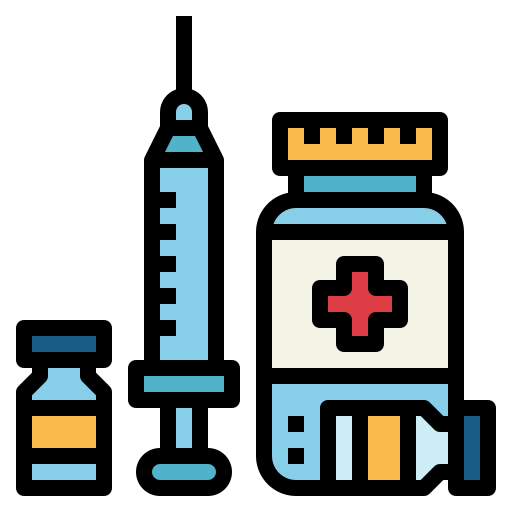Due to the regular introduction of new products to the market, whether new technology and / or cost-effective systems, clinical staff involved routinely with teaching home blood glucose monitoring e.g. Diabetes Specialist Nurses, may assess meters which are not currently on the formulary. As such, there will be occasional requests for blood glucose strips that do not appear on this list. It is the responsibility of the requesting health care professional to highlight reasons for such requests.
GlucoRx Nexus Voice® (using GlucoRx Nexus® strips) is the preferred talking meter in NHS Lanarkshire.
Blood glucose monitoring gives a direct measure of the glucose concentration at the time of the test and can detect hypoglycaemia as well as hyperglycaemia. Patients should be properly educated in the use of blood glucose monitoring systems and to take appropriate action on the results obtained if, for example, there has been a change in medication or lifestyle. Inadequate understanding of the normal fluctuations in blood glucose may lead to confusion and inappropriate action.
Blood glucose monitoring should be reviewed as part of an individual’s diabetes annual review to determine whether or not it provides a useful adjunct to therapy/education.
In patients with Type 1 diabetes, it is important to test for blood (or urinary) ketones where there is a significant risk of ketoacidosis, such as may occur with significant intercurrent illness e.g. infections. More frequent testing of ketones may be required during pregnancy. Test strips deteriorate rapidly if exposed to the atmosphere and have a limited shelf life.
All monitoring equipment should be subject to regular quality control testing to ensure accuracy and reproducibility of results.
Patients can register with diasend to download their blood glucose meters and obtain a profile of their results. The technology required to do this is available from the meter companies on request by the patient. If they also register with My Diabetes My Way (MDMW), their blood glucose profile can be viewed by their health care professional to help inform their consultation with them.
